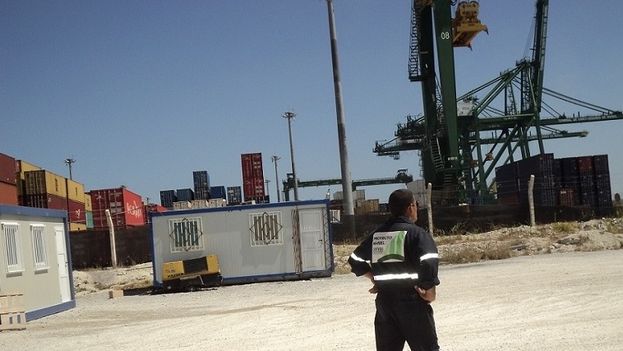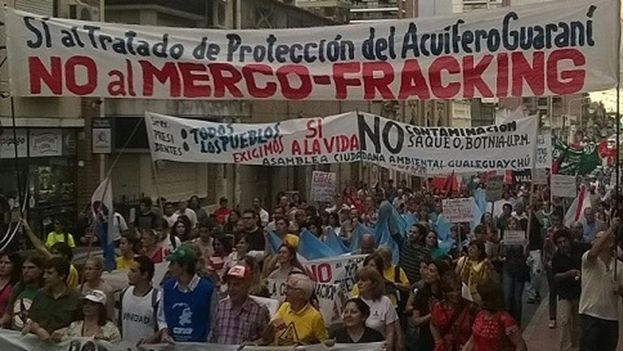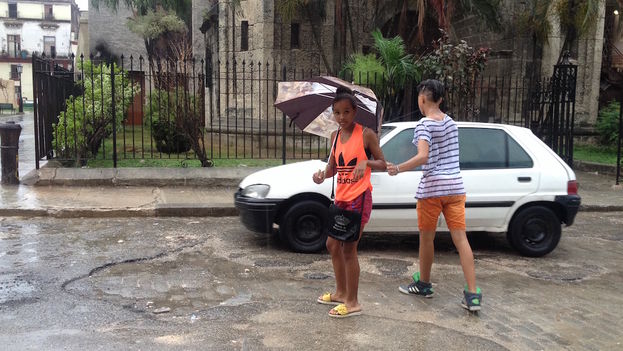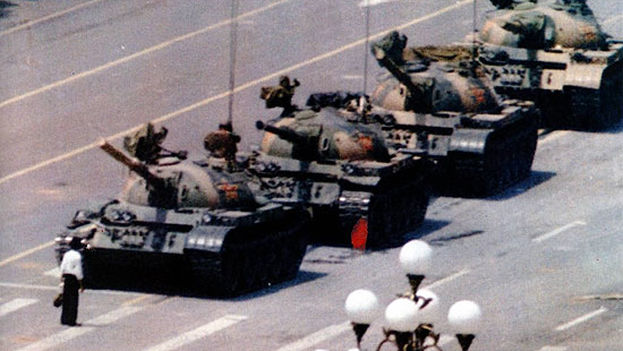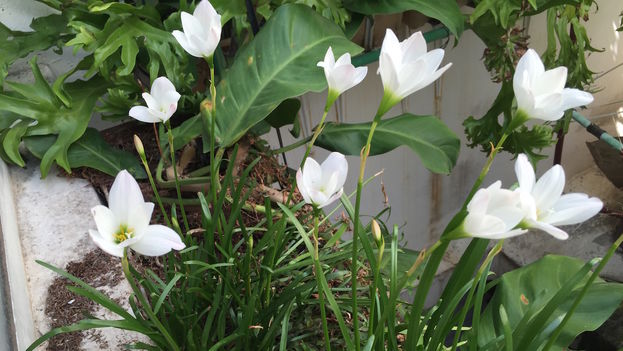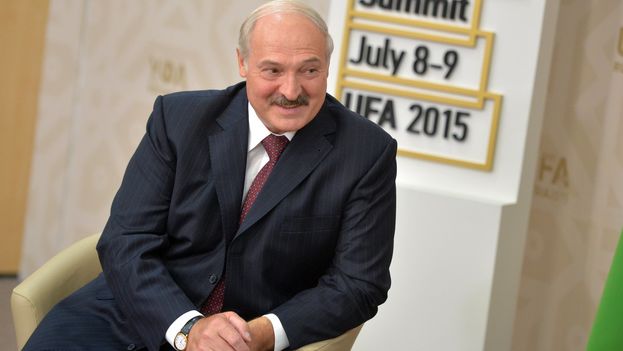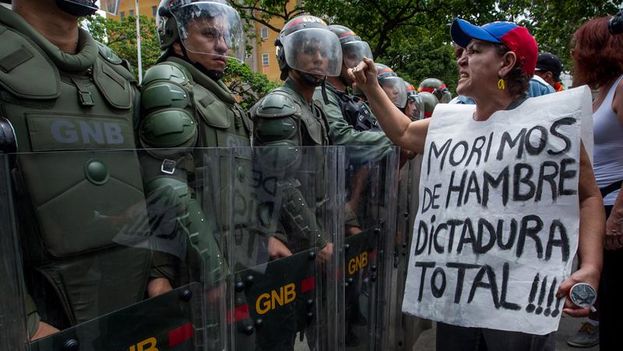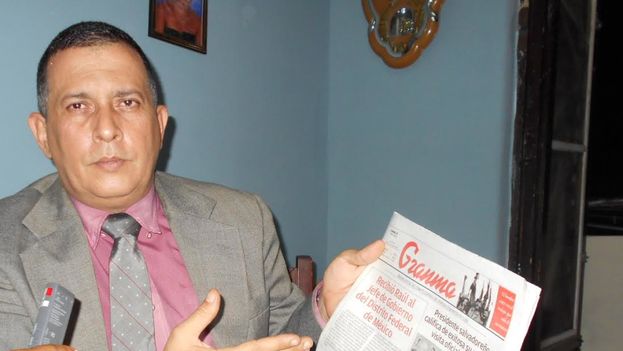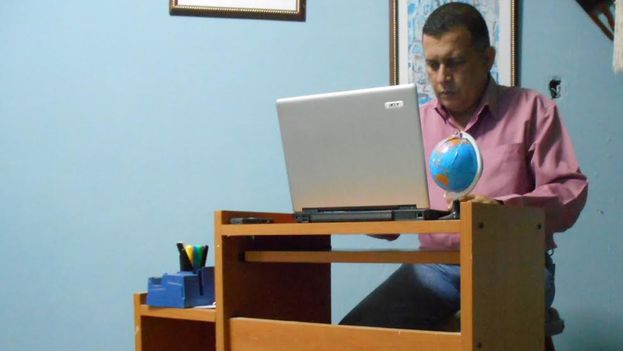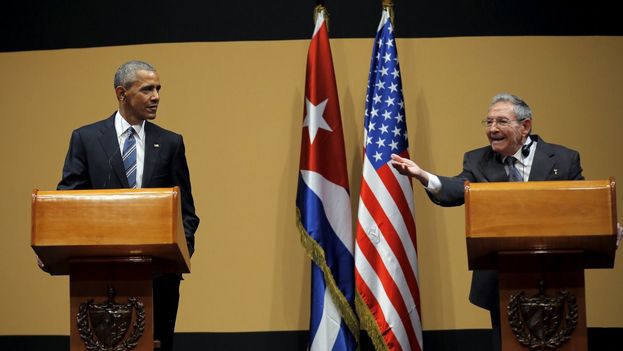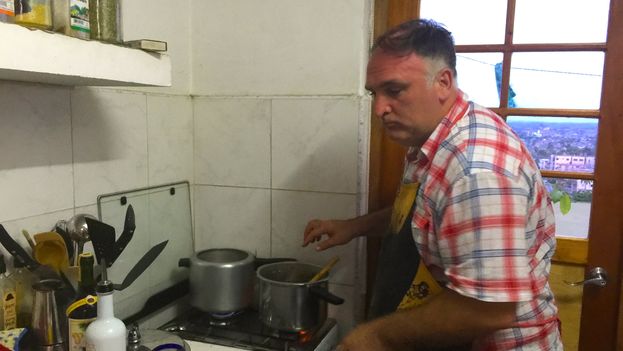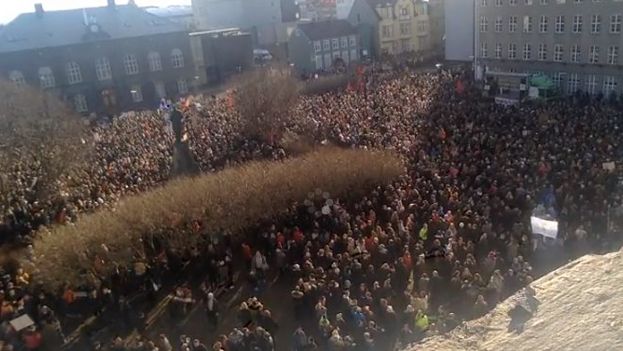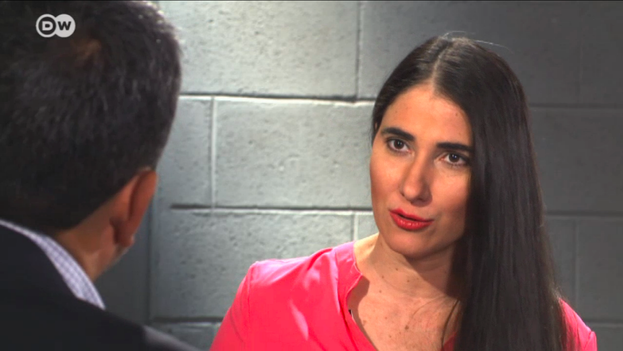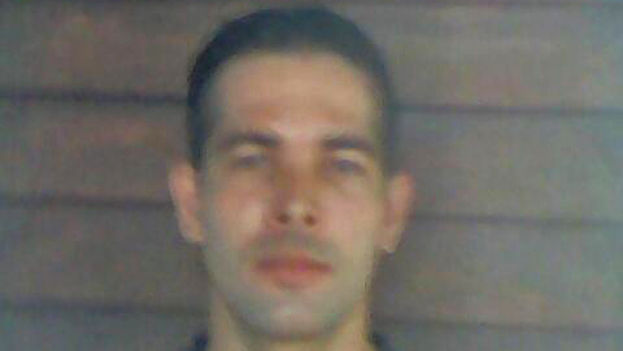
![]() 14ymedio, Yoani Sanchez, Havana, 6 July 2016 — Bearded, hungry and full of frustration, Walter Marrero Velazquez returned to the same island that saw him leave on a flimsy craft. On 20 May the group, consisting of 24 rafters, was intercepted by the US Coast Guard while clinging to the American Shoal lighthouse, eight miles off Sugarloaf Key in the Florida Keys. The case ended up with four of them deported to Cuba and the other 20 taken to the US Naval Base at Guantanamo, to await further action.
14ymedio, Yoani Sanchez, Havana, 6 July 2016 — Bearded, hungry and full of frustration, Walter Marrero Velazquez returned to the same island that saw him leave on a flimsy craft. On 20 May the group, consisting of 24 rafters, was intercepted by the US Coast Guard while clinging to the American Shoal lighthouse, eight miles off Sugarloaf Key in the Florida Keys. The case ended up with four of them deported to Cuba and the other 20 taken to the US Naval Base at Guantanamo, to await further action.
Marrero Velaquez arrived in Puerto Padre, Las Tunas on Monday and only now is seeing the information about “the lighthouse rafters” published in the international press and by independent reporters. A few hours ago he learned about the emergency appeal presented by five attorneys from the Democracy Movement and its rejection by Judge Darrin P. Gayles, whose decision opened the way for them to be deported. continue reading
The rafter remembers each one of the 42 days he spent in the custody of American authorities. “At first we were in a smaller boat, but then they put us in at least three larger ships, known as ‘cutters’ or ‘mother ships,” he told 14ymedio by phone.
The repatriation occurred on 30 June, with the first stop in Havana, and on the 4th of July, American Independence Day, the rafter was taken to Las Tunas, where lack of fuel meant that the police could only transfer him to Puerto Padre hours later. Others of those repatriated were returned to the same province, while two of them reside in Havana.
In the Cuban capital, immigration authorities and the police asked them some questions about the origin of the fragile craft’s engine. “They wanted to get information out of us,” said the rafter, who had to sign his statement but didn’t receive a “warning letter.” In the interrogations they never suggested to him not to repeat the illegal departure from the country.
While on the “mother ship,” Marrero Velaquez came to count 160 Cubans intercepted at sea who were returned to the island. “The amount of food they gave us was very small, like enough for a six-month-old baby,” he complained. “I lost 15 pounds during the days I spent there,” he said.
The young man, 20, said that when they protested the meager ration they were pushed and handcuffed. The hullabaloo raised by the group was not expected in such cases, but it did little good, he recalls. Situations like that led them to write a collective letter which they threw into the sea in a bottle, like desperate castaways.
“We have spent 37 days sleeping on the floor, the food is for dogs, they mistreat us to the point of violence and we have companions who are sick in the head, it is hell,” explained the two-page missive written by hand. The bottle was fund by a fisherman who didn’t even speak Spanish and who gave it to the authorities. Held incommunicado, without the ability to contact attorneys, that letter was the only chance the rafters had to tell about what they were experiencing.
The SOS message managed to get the case re-heard, and gave them the chance to travel to the Guantanamo Naval Base, an area administered by the United States in eastern Cuba. But the young man from Las Tunas preferred not to take advantage of that opportunity.
“In the interview we had with the consul, one by one, the paper they made us sign said that, if we went to Guantanamo as refugees, then we would end up in a third country.” The rafter said that they made it clear that with this option they would lose the right to enter the United States. “I decided to come to Cuba because it is very possible to try again,” he says with determination.

